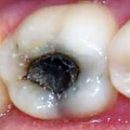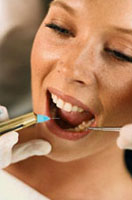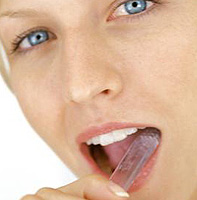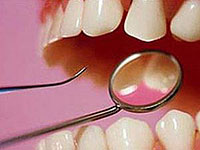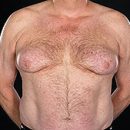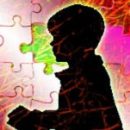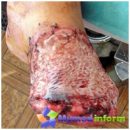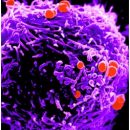What is Bruxism? How to diagnose bruxism? Answers to these questions you will find in the article.
Content
Bruxism
Bruxism (this term originated from the Greek word Brychein,
which means, strictly speaking, creak teeth) is periodically
Arriving in the dream parole cuts of chewing muscles,
accompanied by compression of jaws and teeth crosses. By varying
This Bruxism is more or less permanently noted in 1-3% of people.
The disease may occur both in infancy and in a mature
Age.
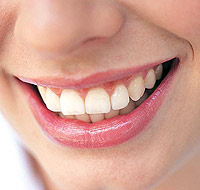
Bruxism is accompanied by a low sound of a crossed or
Slotching for a few seconds or minutes. During bruxism
Changes in the pulse, blood pressure, breathing, and T.D.
This phenomenon in a dream is found quite often. Similar attacks
sometimes repeated many times per night. Mechanisms for the occurrence of bruxism
remain unclear. No personal changes were detected,
characteristic of patients with bruxism. It is believed that bruxism can be
one of the manifestation of disorders of regulation depth of sleep, such as
Somnambulism, snoring, night enuresis and nightmares.
Widespread non-medical point of view about,
that bruxism is caused by worms, does not have significant
grounds. Bruxism is often observed in patients with structure defects
facial skeleton, bite impairment and monitor pathology connecting
Low jaw with temporal bone. Previously expected reasons
as psycho-physiological factors, general general diseases or
Environmental factors did not find due confirmation. If bruxism
Suddenly develops in an adult, you must also hold
Examination for the detection of epilepsy.
Most scientists converge in the opinion that Bruxism is more
There are people who regularly experiencing some stressful
influence, consequence of which are inner concern,
tension, anger, excitement before bedtime and so on. All this is B
equally applies to both adults and children. However,
short-term (up to 10 seconds) bruxism episodes during sleep can
meet both perfectly healthy in positive
Emotional tone of people.
Diagnosis of Bruxism
The diagnosis is usually established on the basis of
survey. In addition to the actual teeth, the patient can complain about
Muscular and articular pains in the lower jaw. When inspection it is possible
not to note any violations, however, with severe disease
Often there is an erasing of dentin, caries and permissions of periodontal
fabrics. This is due to significant injury of teeth during spastic (involuntary)
Reduced lower jaws. Diagnosis can be confirmed using
a special polysomnographic study in which
A very specific picture of spastic abbreviation is registered
Chewing muscles. In addition, polysomnography is important for exception
epilepsy caused by the factor of bruxism.
Children's bruxism
The first sign that your child grins his teeth,
can become sounds, audible among the nights. If you hear mysterious
Sound, similar to some kind of creak, coming from the child's room,
Go to him and find out.
Bruxism is observed in 5-15% of cases in the population and,
about 50% percent of children. There are data on hereditary
Predisposition to Brooksism. For most children thereby
sometimes bruxism - does not cause any problems and many with time
Divide from him. During sleep, several episodes may be celebrated
Bruxism is usually durable to 10 s. If the episodes of bruxism
last longer and they are extremely intense, it can lead to
Damage to teeth and surrounding soft tissues.
During strong bruxism attacks, a child can
Wake up with headache the next morning, with toothache or even
with painful sensations in the face. It may already be serious.
If the crushes of the teeth does not stop for months and years, the teeth can
Subject to considerable wear. In addition, it may harm
to the joint, with the help of which the lower jaw is connected to the side
Head.
If your child constantly crosses his teeth, you should
consult with a dental doctor who can make for a child
Special tire that does not allow teeth to touch. If your child
It turns into teeth only sometimes, you can try to apply methods,
recommended by experts, or you can resort to them in addition to
Tire in the mouth.

